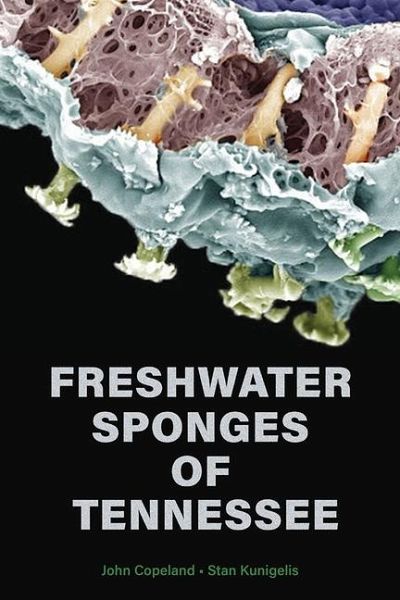
Freshwater Sponges of Tennessee

PAYBACK Punkte
13 °P sammeln!
"This book provides Tennesseans and a larger professional and lay audience an introduction to freshwater sponges, their biology, natural history, and identification. Authors John Copeland and Stan Kunigelis argue that freshwater sponges, while studied less frequently than their marine sponge counterparts, are far more accessible to both professional and amateur biologists given the plethora of rivers, particularly here in Tennessee. The authors discuss the natural history of sponges, watershed health and environment, sponge anatomy, taxonomy and classification, and the specific species student...
"This book provides Tennesseans and a larger professional and lay audience an introduction to freshwater sponges, their biology, natural history, and identification. Authors John Copeland and Stan Kunigelis argue that freshwater sponges, while studied less frequently than their marine sponge counterparts, are far more accessible to both professional and amateur biologists given the plethora of rivers, particularly here in Tennessee. The authors discuss the natural history of sponges, watershed health and environment, sponge anatomy, taxonomy and classification, and the specific species students, researchers, and readers are likely to find in Tennessee's river system. The book is also replete with color photos from the field and the lab alongside reproductions of microscopic slides detailing Tennessee's freshwater sponges"--



